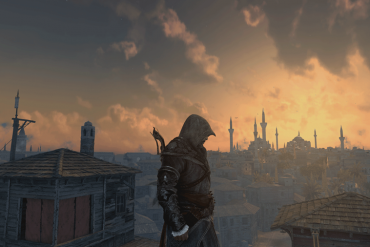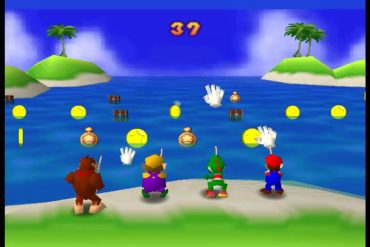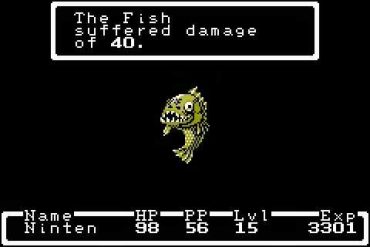Assassin’s Creed II
…city of Florence to the Los Angeles of Baudrillard. For Baudrillard, Disneyland sets up the convenient fiction that there is a “real” America outside of its fantasy world. But Los Angeles is itself “hyperreal”, an empire of simulated authenticity. By analogy, Dow replaces Baudrillard’s Disneyland/Los Angeles pair with AC2/Florence: AC2 is a fiction of hyper-real “historic Florence”, the tourist destination. Furthermore, AC2’s “game-within-a-game” structure helps highlight this relationship between the simulated and the hyperreal: because the player is playing the virtual memory of a character (Desmond), she can address her encounter with historical Florence as a simulation.
The Italian…








